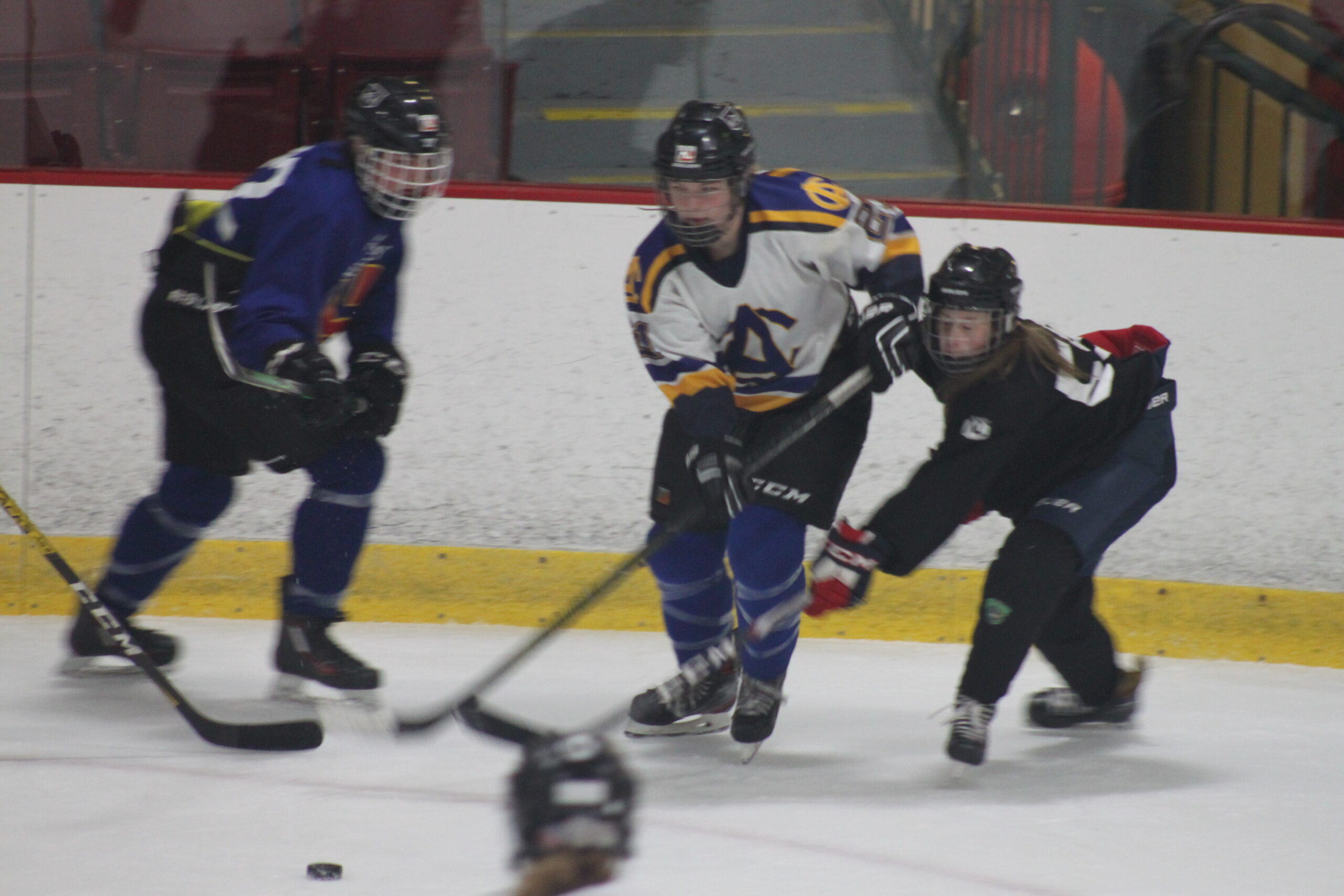

The next couple of weeks, I will spend a considerable amount of time doing up report cards for players who attended VHG throughout the summer. One comment I make is ‘be more involved in the outcome of a game’… let’s dig deeper into what I mean.
What type of player are you? Every player past a certain age should have a good idea of what type of player they are/role on a team/strengths and weaknesses. Some players are more gifted offensively, while others are strong defensively and tend to ‘stay at home’. Some players are high-octane, top-line centres while others are 3rd line grinders. Knowing which type of player you are will determine how you impact the outcome of a hockey game. Side note – no type of player is exempt from playing great team defence.
Offensive Players – Are you involved? Some think this is solely goals and assists. It is not. Being involved offensively is consistently creating offence – from good chips on the boards that lead to odd-man rushes, to shots on goal, to puck battles won in the offensive zone that lead to shots/possession.
Grinders – Are you involved? Grinders can be involved in the outcome of a game by creating turnovers with hustle, being in on the forecheck to disrupt the oppositions timing, getting sticks on pucks to create chaos inside the offensive zone, rebound chances created, shots blocked, and so on.
Defensive Defenceman – Are you involved? Winning net front battles, direct passes vs rims that get us out of the zone efficiently, pass break ups, clears on the penalty kill, and so on.
If you’re an offensive defenceman who is trying out for a hockey team, and your stat sheet looks like this most nights : 0G, 0A, minus-2, 0 SOG, 6 turnovers, mediocre attitude, 20% battles won, inconsistent offence generation… you run the risk of not making the hockey team because there will be others at camp who will do that job and fill that role better than you.
I had this conversation with a family at the rink last week – this particular player has lots of upside, but didn’t make one of the teams that I’m coaching. My speech was along the lines of this; “in most of the games, how often did you get to the puck first to get us possession? How many games were you consistently creating good quality offensive chances/was your line buzzing out there? Did you beat the net down with chances? Were your lines consistently camping out in the other teams zone?” We knew the answers. It was a good chat.
If you are trying out for a hockey team in September and you are an offensive player – if you can’t generate offence or compliment a line that generates offence, how are you going to do it when the competition improves at provincials? Against the best teams at the Atlantic’s if we get there? There are some players who ‘elevate their game’ and play better against better competition, but in generalities, you need to show a coaching staff that you can impact the game at a training camp level first.
Don’t have ‘bagels’ on your scoresheet at the end of a game. Be involved in the outcome. Don’t just blend in. Make a positive impact!
Disclaimer*** making an impact on the game does not mean you do the following – take long shifts, try and carry the puck into traffic/dangle people, try and make the impossible play, hold onto the puck too long, etc. Impact the game in a positive way (shot blocks, create turnovers, move the puck on the tape at the right time, get to pucks first, keep things simple, get pucks on net, etc).
Related Content
VHG Summer ’22 Games Playlist – https://www.youtube.com/watch?v=wooYLJ9-KoY&list=PL9OgJxIdKeNJfGO1mfIAQj3-Zd9LKrYX1
VHG Summer ’22 Drill Mashups/Short Form Content – https://www.youtube.com/playlist?list=PL9OgJxIdKeNLvgjps_jeD8tsS_aEf4b5K
So You Didn’t Make the Team – 4 DO’s, 2 DONT’s Article – https://vhghockey.ca/so-you-didnt-make-the-team-4-dos-2-donts/
